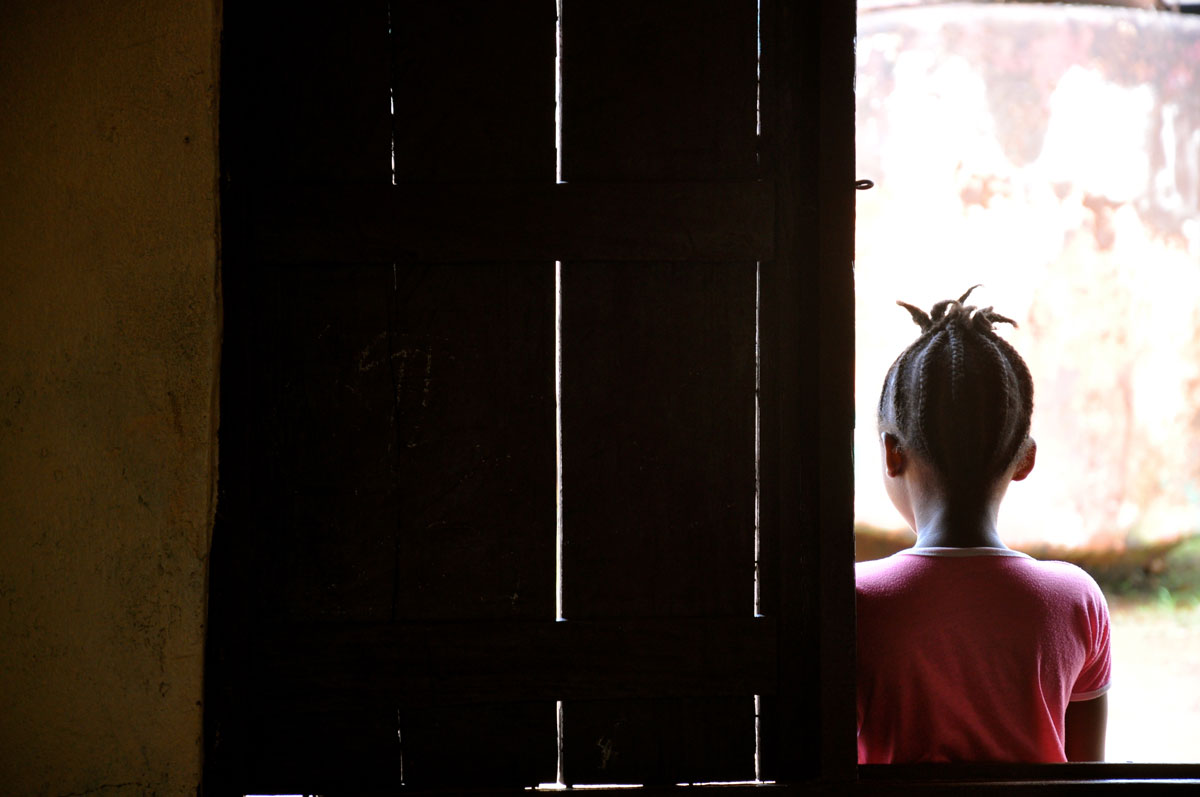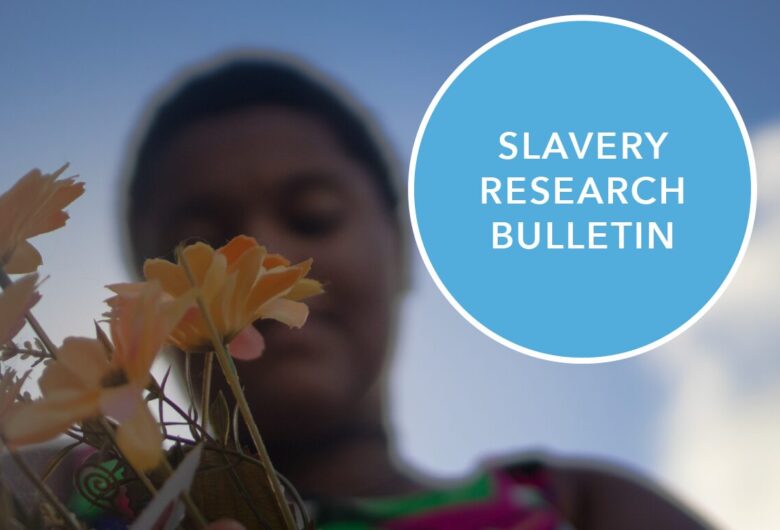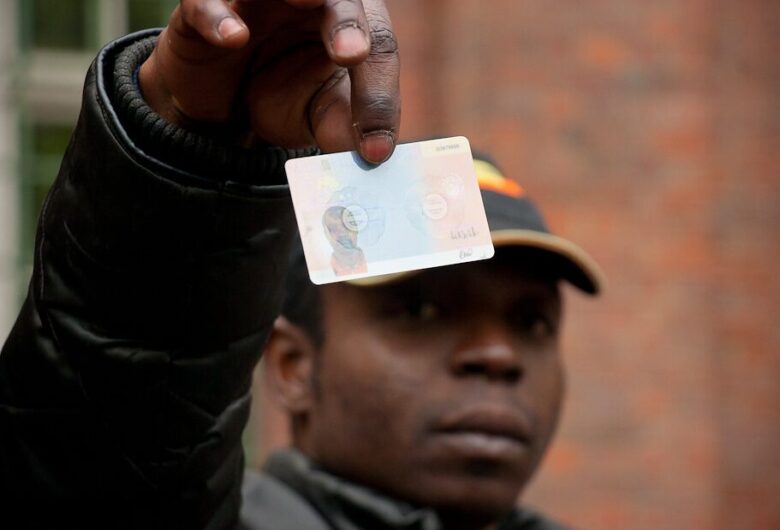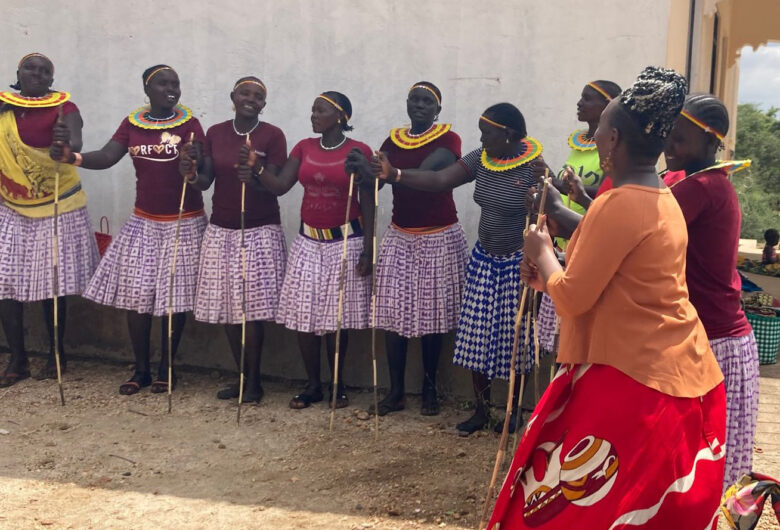- Average age of a child domestic worker (CDW) in Nigeria is 14.6 years, having entered domestic work aged 10.1 years. Thirty-five percent started in domestic work before the age of 10. In Liberia, most children enter domestic work aged 7-12 (average 9.8 years) and the average age of a CDW is 14.1.
- A large proportion of CDWs in Nigeria are working long hours that leave them with limited time for rest, education or social activities, with 37.1 percent working more than 30 hours per week, and more than 1 in 5 (21.4 percent) working above 42 hours per week.
- Almost 1 in 10 CDWs aged 13-15 in Liberia reported experiencing some form of sexual violence at their place of work.
- Despite employers/caregivers in Nigeria recognising CDW’s desire for education and training, almost 1 in 5 CDWs were not enrolled in school (19.0 percent) and 18.0 percent reported their education being disrupted by work. In Liberia, educational outcomes are on the decline, with a 9.2 percent year-on-year increase of children out of school since 2017 (UNESCO). 1 in 6 CDWs are presently out of school.
- Despite the majority of CDWs sharing a kinship relationship with their employer, 88.9 percent reported working conditions that contravene Nigerian laws, including 62.8 percent of children aged 16 – 17 working seven days a week without any rest days. In Liberia, 76.4 percent of CDWs reported working conditions that contravened Liberian labour laws. The majority of employers/caregivers were in violation of one or more child labour laws, with 58.8 percent of CDWs working hours that exceed the legal limit. Such findings underscore the critical gap between the existence of laws and their enforcement.
- The reports’ findings aim to support community-led interventions, working with local and regional decision-makers, to reduce abuse and exploitation of CDWs.
The Behind Closed Doors: Measuring The Scale And Nature Of Exploitative Child Domestic Work In Nigeria and Liberia reports, produced by NORC at the University of Chicago and The Freedom Fund, are the first of their kind to examine the working conditions and treatment of child domestic workers in private homes in Edo and Lagos, Nigeria and in Nimba and Montserrado, Liberia. The findings were gathered to inform pilot projects and test strategies to address exploitative child domestic work and develop long-term intervention plans in the West African nations. This research and the wider program are funded by the U.S. Department of State’s Office to Combat and Monitor Trafficking in Persons.
While children doing domestic work is not always exploitative or harmful to the child, the International Labour Organization (ILO) estimates there are up to 15 million workers aged under 14 in Nigeria, many of whom are ‘house girls’ whose labour is often forced and unpaid or underpaid. In both nations, many children are supported to find work through extended family and informal networks instead of using brokers, with children being taken into households to support families, a practice that is commonplace in the absence of formal welfare or social protection systems. In addition to a risk of abuse and exploitative labour, verbal and/or emotional abuse from host families is also common, and 1 in 11 CDWs in Nigeria experienced physical or sexual violence (with 15.6 percent showing signs which could indicate post-traumatic stress disorder [PTSD]).
The reports illustrate ways in which civil society can support interventions to start addressing barriers to education, such as alternative basic education or scholarships and bursaries, as well as offer basic life skills trainings for CDWs on children’s rights and how to seek help if they’re experiencing physical, psychological or sexual violence.
Erika Keaveney, Senior Research Scientist with NORC at the University of Chicago said: “The first of its kind in Nigeria and Liberia, NORC’s survey of over 2,000 child domestic workers offers critical insights into the day-to-day lives of this hidden and highly vulnerable population. We find that while many children benefit from kinship-based domestic work arrangements, a substantial portion face rights violations according to both local and international norms. More than 90 percent of CDWs in Nigeria and Liberia are considered to be in the worst forms of child labour according to ILO conventions, and three out of four are working in violation of national laws. We hope the evidence uncovered through this research will help local communities and decision makers to better meet the needs of child domestic workers in West Africa and beyond.”
Chika Nwabeke, The Freedom Fund’s Program Advisor in Nigeria said: “The reports’ findings shine a light on the exploitation and suffering young child domestic workers experience behind closed doors every day.
“It is well accepted that young children are sent to houses to work, and often to be given better opportunities in life, but little is being done to ensure their welfare, health and access to education. The average child domestic worker in Nigeria begins work at the incredibly young age of 10, and more must be done to ensure the wellbeing of these children.”
Alvin Winford, The Freedom Fund’s Program Advisor in Liberia said: “This report really highlights the fact that labour laws that aren’t being adhered to in Liberia, with 1-in-6 child domestic workers in the study not enrolled in school.
“We have a shared responsibility to ensure that legislation is implemented at the community level, to protect the rights of these children and end the exploitation they’re currently facing.”
Working in partnership with community-led organisations, The Freedom Fund urges the Nigerian and Liberian Governments to strengthen child protection mechanisms, including legislation, to recognise the existence of, and end the abuse of these young workers. Child domestic workers, being children, are entitled to basic rights such as continuous access to education, time to rest and play. Their working conditions must respect their wellbeing and enable them to realise their true potentials.
ENDS
The ‘Behind Closed Doors’ research is part of The Freedom Fund’s ‘Tackling Exploitative Child Domestic Work’ project, which aims to identify evidence-based interventions to reduce exploitation of child domestic workers in Nigeria and Liberia. The research began with a literature review, followed by key informant interviews with local stakeholders and focus group discussions. A large-scale, general population survey was also completed with 1,088 CDWs and 605 employers/caregivers in Nigeria’s Edo and Lagos states, plus 1,088 CDWs and 595 employers/caregivers in Liberia’s Montserrado and Nimba counties.
The research reports can be accessed at:
Nigeria report
Liberia report
For more information, contact Melanie Hargreaves, Media and PR Manager, at [email protected]
The Freedom Fund is a global fund with the sole aim of helping end modern slavery. We are a catalyst in the global effort to end modern slavery, working in the countries and sectors where it is most prevalent. We invest in and partner with organisations and communities on the frontlines of ending exploitation.
By partnering with those at risk of modern slavery as well as visionary investors, governments and anti-slavery organisations, we bring together the knowledge, the capital and the will needed to dismantle the systems that allow slavery to exist and thrive.
Through our investments and support, we aim to shift power, so that frontline organisations and communities can shape and drive the change required to bring modern slavery to an end.
NORC at the University of Chicago conducts research and analysis that decision-makers trust. As a nonpartisan research organization and a pioneer in measuring and understanding the world, we have studied almost every aspect of the human experience and every major news event for more than eight decades. Today, we partner with government, corporate, and nonprofit clients around the world to provide the objectivity and expertise necessary to inform the critical decisions facing society.
The reports were funded by a grant from the United States Department of State. The opinions, findings and conclusions stated herein are those of the authors and do not necessarily reflect those of the United States Department of State.
Photo credit: Accountability Lab



